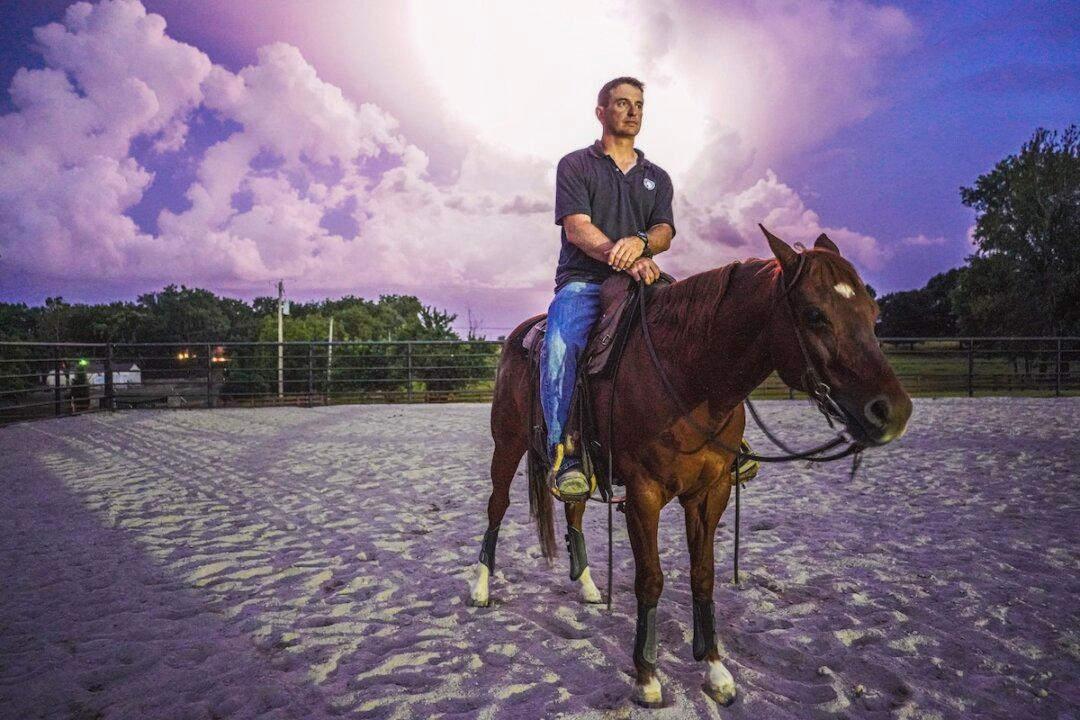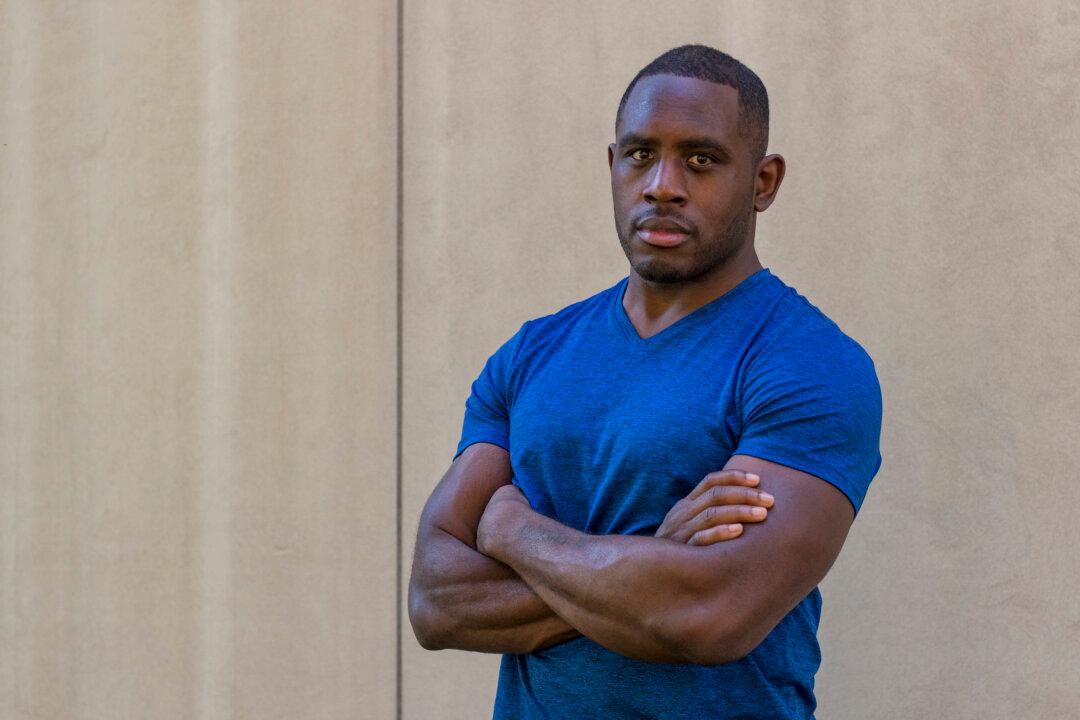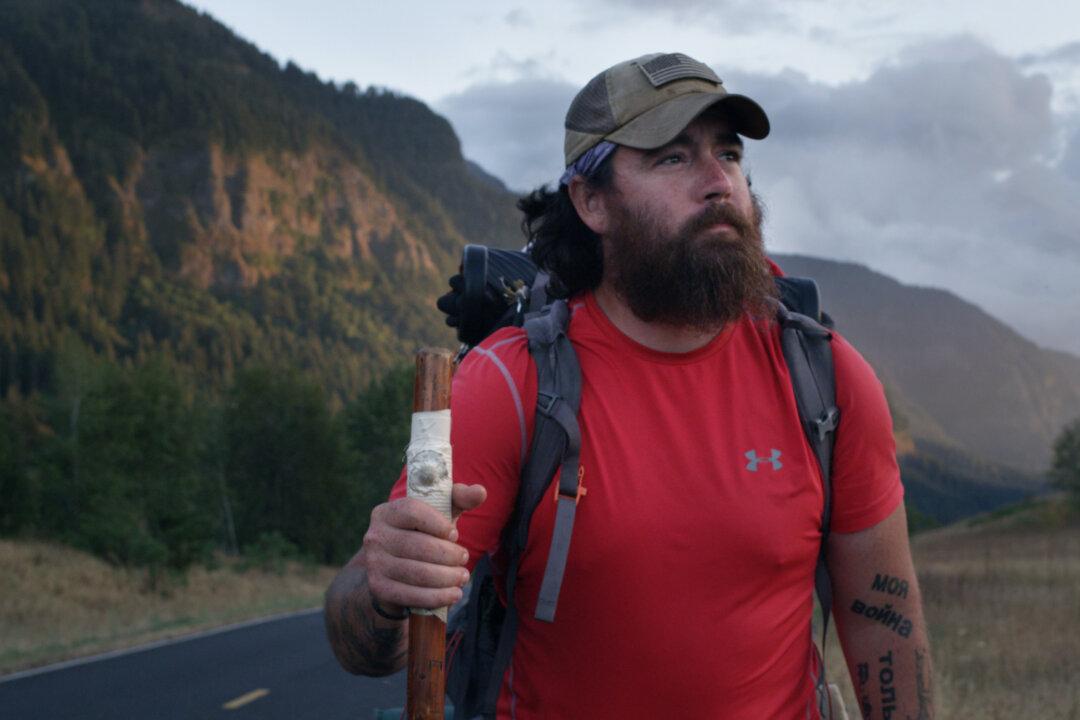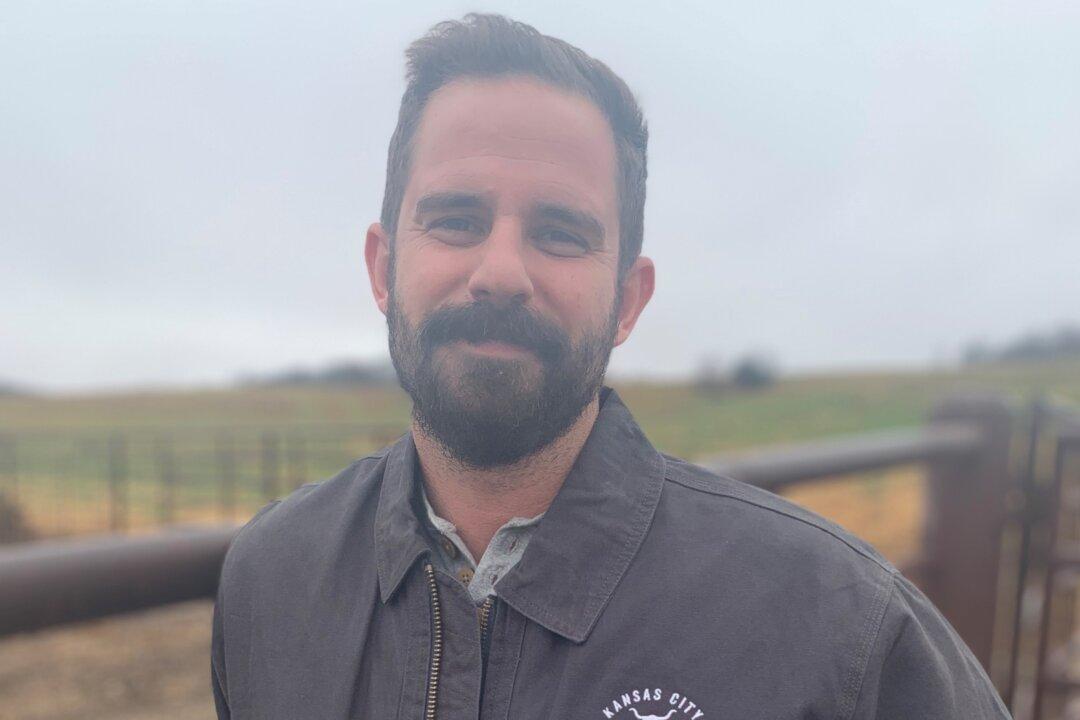When our nation’s service members return home from combat it can be difficult for them to adjust to civilian life. War Horses for Veterans in Stillwell, Kansas, is helping combat veterans transition back to civilian life by connecting them with members from their old units, and teaching them how to groom, train, and ride horses.
Patrick Benson is the co-founder of the organization, and Gary Llewellyn is a mentor who has participated in the foundation’s program. Both are United States Army combat veterans.





